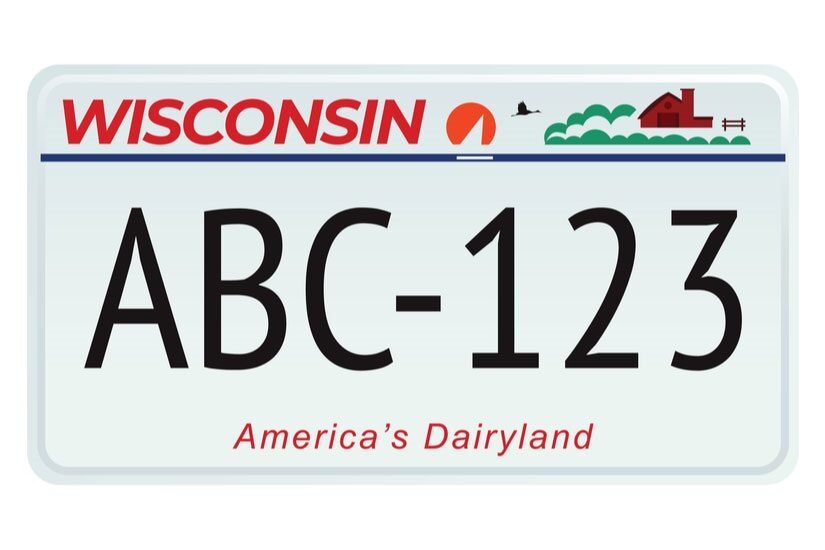The Clock Is Ticking On Credit For Reinsurance

Reinsurance is just an easier way to say, “insurance for insurers.”
Consumers purchase insurance to protect themselves and their loved ones from life’s many surprises. Insurance companies do the same but at a much larger scale.
Reinsurance provides insurers with financial protection from destructive and sometimes unexpected events like hurricanes. It also ensures that when a hurricane strikes, insurers are equipped to meet their financial obligations to policyholders when they need help the most—so communities can begin to rebuild.
The size and number of insurable risks in the United States are substantial and ever-growing, making the availability of reinsurance, even outside the U.S., essential for a functioning insurance system. That is why, if certain conditions are met, U.S. insurers can obtain reinsurance domestically and internationally, and why U.S. reinsurers can provide reinsurance here and abroad. These cross-border relationships help to prevent risks from accumulating regionally.
The National Association of Insurance Commissioners (NAIC) in 2019 revised its model framework concerning reinsurance agreements. The models, which encourage uniform regulation of reinsurance transactions, were amended to align with international agreements made between the U.S. and the European Union (EU) and the U.S. and the United Kingdom (UK).
The revisions to the NAIC Credit for Reinsurance Model Law and its companion Model Regulation make several important updates specific to reinsurance arrangements between the U.S. and certain non-U.S. jurisdictions (including the EU and UK). Broadly, the changes ensure substantially equal protections among consumers in these jurisdictions; level the regulatory playing field between U.S. and certain non-U.S. reinsurers, eliminating collateral and local presence requirements; and facilitate increased cooperation between supervisory authorities at home and abroad.
States have until September 1, 2022—under two months from now—to incorporate these amendments. If a state does not meet this deadline, it faces potential interference from the federal government and loss of NAIC accreditation.
So far, 46 states have implemented the appropriate amendments with ACLI’s support. Others are soon to follow. But the clock is ticking. The remaining jurisdictions must act and affirm the fundamental role reinsurance plays in safeguarding the insurance industry and the communities it protects.




